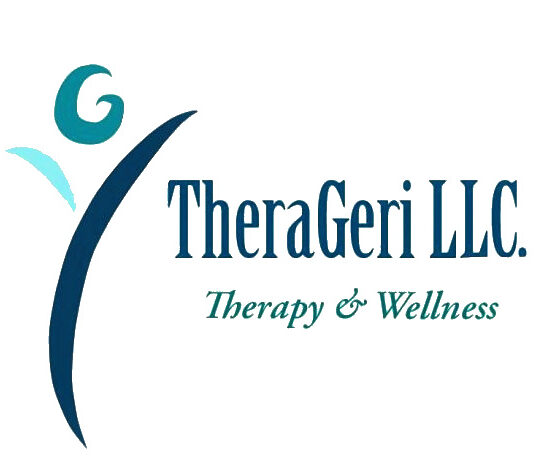Concierge Therapy and Medicare
By: Charmine Kay Bartlett
According to Census Bureau 2017 Population Projections, by 2035, there will be  78.0 million people 65 years and older. Increasing disease and disability management needed effective quality healthcare models to survive the ageing health cost.
78.0 million people 65 years and older. Increasing disease and disability management needed effective quality healthcare models to survive the ageing health cost.
In regard to this, Centers for Medicare and Medicaid Services (CMS) came up with new model for reimbursement for Skilled Nursing Facilities and Home Health Services: Patient- Driven Payment Model (PDPM) and Patient- Driven Groupings Model (PDGM), respectively. PDPM was introduced on October 1st of this year while PDGM will be launched on January 1st of the coming year. These models are supposedly for budget neutrality. In my understanding, determination of how many therapy visits a patient gets would depend on his medical state and that of diagnosis. Well of course, maybe from therapy evaluation findings, if profiteering will not be in the equation. Revenues will vary among corporations. Thus, there are and would be expected restructuring/s among them in order to maintain balance including with overhead expenses. It is too early to tell nor to compare outcomes and benefits to patients but surely the therapy world has already been rattled with the uncertainties that came along with it. Some say it is the beginning of therapy extinction or therapy has been devalued in the healthcare industry while others say this is the time when we truly see the value of therapy and its worth. Of course, there will always be 2 sides of a coin. These changes and the yet incoming proposed changes in the next 2 years will determine the future of therapy.
These days, there’s a number of innovations altering traditional therapies in order to thrive. Patients on search may find PT with gym affiliations, health and wellness, consultancy, mobile physical therapy and/or concierge therapy and wellness on the internet.
Concierge therapy is within this premise of alternative model to compensate for the presumably unexpected limitations to therapy visits of patients- an option to pay cash when it has been determined that a patient is not needing further services due to lack of “medical necessity.” Yet, given the premise of a private pay, Medicare beneficiaries are binded with restrictions. Law prohibits a therapist to receive cash from a Medicare beneficiary if service provided is under their “regular coverage” regardless of what the therapist’s relationship is with Medicare: participating, nonparticipating and/or non-enrolled. Unfortunately, therapist is not defined as one of the providers who can opt-out. However, a patient may be able to pay cash if it is his “at will” not to claim reimbursement from Medicare. Even then, therapists may not be able to give solid proof of a patient’s “at will.” For information purposes, Advance Beneficiary Notice (ABN) is usually given to patients undergoing therapy as notice when therapy is not medically necessary anymore. It would then be an option for the patient to continue therapy by paying the full amount out of pocket. This is just one way of interpreting the regulations, yet is indefinite. I am not a lawyer but just stating my understanding as a consumer and a start up business owner. This vagueness is a reason why therapists avoid Medicare beneficiaries in providing services for through private pay.
There are a number of entities progressively inching towards the risk of providing services to Medicare beneficiaries through cash pay, which such actions needed tedious legal consultation prior to formation. This is something you need to look out for when searching for a cash pay provider because law is a law after all. In addition, a health benefit worth paying for by your hard earned money means to receive something cost effective and/or high quality care.
